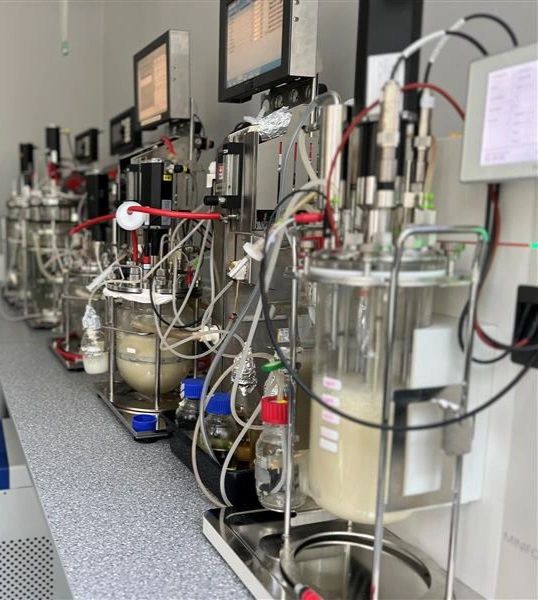The New Zealand government is ending its nearly 30 year ban on gene technology outside the lab, a move cellular agriculture advocates are calling a significant step forward for the sector.
Science, Innovation and Technology Minister Judith Collins announced on 13 August that legislation to end the ban and implement a dedicated regulator to oversee gene technology applications will be introduced to Parliament by the end of the year.
“This is a major milestone in modernising gene technology laws to enable us to improve health outcomes, adapt to climate change, deliver massive economic gains, and improve the lives of New Zealanders,” Ms Collins said. “New Zealand has lagged behind countries, including Australia, England, Canada, and many European nations, in allowing the use of this technology for the benefit of their people, and their economies.
“New Zealand’s biotech sector, of which gene technology is a part, generated $2.7 billion in revenue in 2020. The changes we’re announcing today will allow researchers and companies to further develop and commercialise their innovative products.”
Ms Collin added that gene technology could also serve to help NZ farmers and growers mitigate emissions and increase productivity.
NZ’s gene technology rules. Video by Ministry of Business, Innovation and Employment.
The NZ government said that the new legislation and regulator will be based on Australia’s Gene Technology Act 2000.
“Restrictive rules and time-consuming processes have made research outside the lab almost impossible, resulting in New Zealand falling behind,” Ms Collins said. “These changes will bring New Zealand up to global best practice and ensure we can capitalise on the benefits.”
Opening the door for cell ag
Among the scientific sectors in the country that have heretofore faced challenges due to the restrictions on gene technology is precision fermentation. The technology uses programmed microorganisms to produce specific, functional food ingredients such as dairy proteins and other bio materials.

Alternative proteins think tank Cellular Agriculture Australia (CAA) commented on the impact the new legislation will have on precision fermentation.
“This change paves the way for the commercialisation of precision fermentation, positioning New Zealand to leverage the potential of this emerging industry,” CAA said in a LinkedIn post.
“This approach demonstrates recognition of the critical importance of managing risks relating to the use of gene technology whilst also enabling the benefits of precision fermentation in a safe and controlled manner.
“We’re eager to see how New Zealand companies like Daisy Lab and Miruku will thrive under this new regulatory environment and contribute to New Zealand’s cellular agriculture sector.”
Earlier this year, NZ precision fermentation start-up Daisy Lab received approval from the country’s Environmental Protection Agency (EPA) to produce dairy-identical proteins using genetically modified organisms (GMO) in a contained facility.
In the case of Daisy Lab, yeast is genetically modified to include the gene which codes for the desired protein. The GM yeast is then cultivated in large-scale fermentation bioreactors, where it produces the desired proteins, which are then harvested and purified to ensure they are free of any GMOs.
To stay up-to-date on the latest industry headlines, sign up to Future Alternative’s enewsletter.
Posted on:


